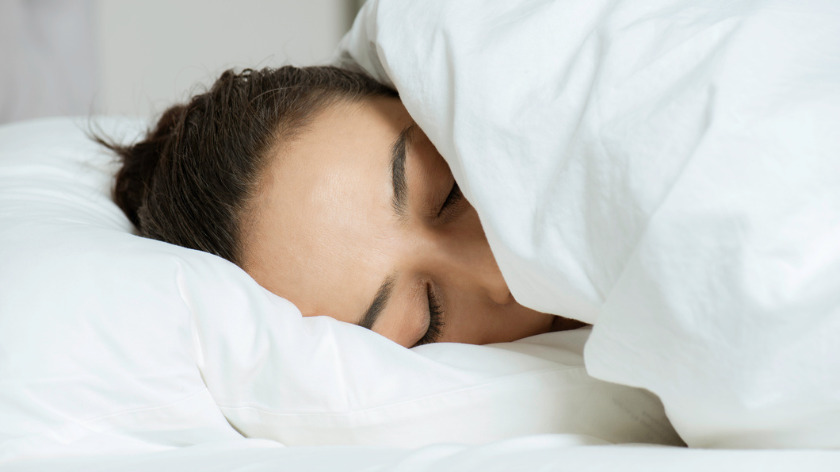Everyone knows what it’s like to have a bad night’s sleep. Whether you’re young or old, getting good sleep is important and getting less sleep than you need can really affect you the next day. If you are constantly sleep-deprived, you might start to experience a range of symptoms that affect your ability to feel great every day. Sadly many us are not getting adequate hours of sleep each night and are waking up feeling less than ready to tackle each new day.
Dr. David Dinges, Professor of Psychiatry at the University of Pennsylvania, said it best. “Everything we know about sleep loss is harmful, but most of the effects of sleep deprivation dissipate after you sleep.” That means if we can start getting more hours of sleep each night, or even more quality hours of sleep, we can wake up feeling more refreshed.
You might be familiar with the term personal hygiene, but have you heard of sleep hygiene? Sleep hygiene is focused on your habits and how you can set yourself up for a restful night of sleep. Here are just three things you can try to help you create better sleep hygiene:
Establishing a routine can help your brain know what comes next without even thinking about it. Instead of trying to calculate what is going to happen next and make a number of decisions to get there, a routine helps your brain go on “auto-pilot.” For example, if your bedtime routine starts with switching off the television at 8:30pm, your brain will expect the next step to follow. That might be that you pack your lunch for the next day, then check your calendar, brush your teeth and dim the lights. The important part is that you don’t need to think about what comes next, and that frees up your brain to start slowing down and getting ready for sleep.
Create an optimal sleep environment
You cannot always control everything in your environment, but there are ways to get around some of the more challenging obstacles like outside lights or noises. If outside lights are an issue, try curtains or blinds that are designed to block out stronger light, or you can try a sleep mask to cover your eyes. Depending on where you live, outside noises can be a real distraction. You may not be able to soundproof your bedroom, but you can try devices like white noise machines. White noise has no pattern or rhythm, like the static from an untuned radio. Today there are smartphone apps that generate a number of different white noise options.
Adjust your bedroom temperature
We all have our own preferences, but generally around 65 degrees Fahrenheit is the target temperature for optimal sleep. If you cannot run the air conditioner to achieve this temperature, try turning on a fan to generate some ambient noise and to cool you off.
With a PhD in Exercise Physiology, Jonathan Dugas spends his days thinking about how we can help more people be more active. With four Ironman finishes and 13 marathons and counting, he’ll see you out on the road.







